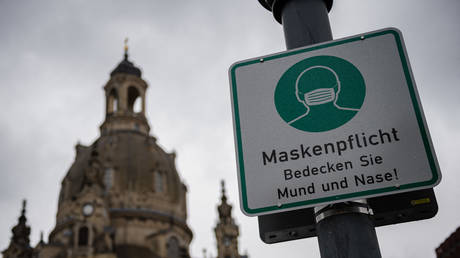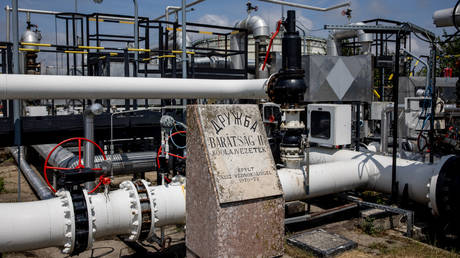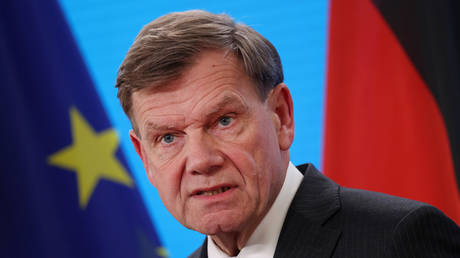
Germany’s Bundestag, the country’s upper house of parliament, has approved a law that gives Chancellor Angela Merkel’s government greater powers to combat coronavirus, including overruling federal states to impose restrictions.
Once it comes into effect on June 30, the law will give the government the ability to impose evening curfews on states, declare restrictions on gatherings, reduce crowds at events and limit shop-opening times, as well as close schools and force students to learn remotely. These measures would be used if an area exceeded a seven-day incidence rate of 100 new infections per 100,000 residents over three consecutive days.
The law still requires approval from President Frank-Walter Steinmeier, which he is expected to give later on Thursday, making the legislation official and allowing it to be published in the Federal Gazette.
Merkel’s team have defended the law and praised parliament for supporting it, with her chief of staff, Helge Braun, saying a federal emergency brake is “urgently needed” as “the current level of infections is far too high in most regions.”
Despite the legislature giving the law its backing, it still faces some opposition from regional officials in areas reluctant to relinquish their right to act without the intervention of the federal government.
This position was laid out by Manuela Schwesig, premier of the northern state of Mecklenburg-Vorpommern. Schwesig criticized the proposal, arguing that it “will not bring down infection figures” or curb the third wave that has swept across the country.
Since the start of the pandemic, Germany has recorded over 3.18 million Covid cases and over 80,600 deaths, with an increase of 29,518 cases on Thursday alone. Doctors in the country have warned that this number will rise and intensive care units could be overwhelmed unless more Covid restrictions are introduced.
Think your friends would be interested? Share this story!




